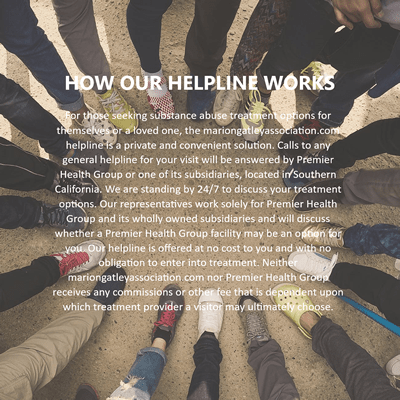It’s a well-known fact that drugs can damage the brain and other organs. But not many people realize that drug use can harm the immune system. For those in early recovery, or those still withdrawing in addiction recovery facilities, a weakened immune system poses a potent threat to stability and sobriety.
The immune system is the vast collection of tissues, organs, and cells which work together to fight off infections, viruses, and foreign bodies to keep the body healthy and free from sickness. The main agents of the immune system are the white blood cells, which travel through the bloodstream destroying disease-causing organisms or infections, and antibodies, which assist white blood cells. Having a weak or lowered immune system means that you’re more vulnerable to diseases such as HIV, pneumonia, hepatitis, and STDs.
Alcohol is known to damage the immune system by impacting white blood cell count. Drinking alcohol lowers the number of white blood cells in the bloodstream and impedes B-lymphocytes, antibodies that attack diseases and infections. Without the standard number of white blood cells and antibodies present in the bloodstream, alcoholics are vulnerable to disease and infection. Alcohol affects red blood cells too, by causing them to bunch up together. This bunching up action blocks blood vessels and restricts the amount of oxygen and other essential nutrients traveling through the bloodstream.
But alcohol is not the only culprit that damages the immune system. Most drugs, such as methamphetamine, marijuana, and cocaine have deleterious effects on the immune system. Methamphetamine dries out mucosal membranes, which are important for fighting off disease and infection, and suppresses white blood cells. Marijuana smoke contains more carcinogens than tobacco smoke and harms the delicate cells in the lungs, greatly increasing the chance of bacterial infections and diseases. Cocaine affects the thymus gland and reduces production of a type of white blood cell.
For those who have left an addiction treatment center, a lowered immune system could mean increased colds, flus, and even illnesses, all of which dangerously increase the risk of relapse. Many drug rehab programs caution against physical states which lead to relapse, such as hunger or tiredness, and sickness is certainly a fraught physical state that can cause stress, irritability, and distress, possibly leading to relapse. For the best chance at long-term sobriety, former addicts should seek help at an addiction recovery program, begin a supervised detoxification as soon as possible, and start replenishing and repairing the immune system.
If you or a loved one is suffering from drug or alcohol addiction, please call or email our understanding representatives today, and we’ll connect you with a luxury drug rehab program that fits your individual needs. Our staff is highly experienced and compassionate, and can care for dual diagnosis as well as provide a safe detoxification process. During treatment, clients participate in group and one-on-one counseling, develop a community of sober, like-minded peers, and learn practical skills for daily living and fighting cravings. Please contact us today to begin a new chapter of healing, wellness, and vitality.



